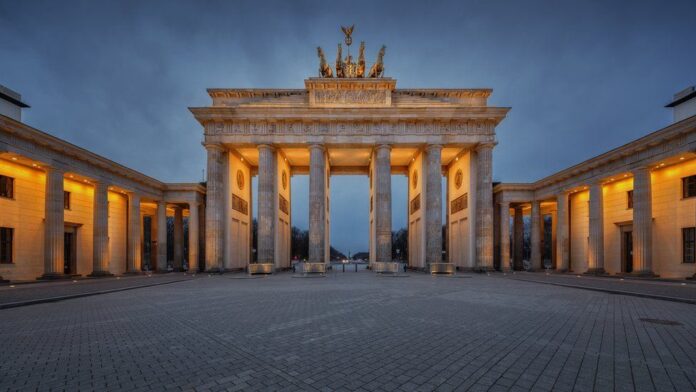The German government has authorised a series of wintertime energy-saving measures that will reduce the amount of lighting and heating used in public structures.
Through the new regulations, the government hopes to reduce gas consumption by 2%.
The measures, according to Germany’s economy minister, could save individual people, businesses, and the public sector about €10.8 billion (£9.1 billion) over two years.
It is a part of initiatives to lessen the nation’s reliance on Russian gas.
Germany used to buy 55% of its gas from Russia before Russia invaded Ukraine, but it has since cut this to 35% and threatened to stop imports.
Although it continues to be a big market for Moscow, it spent about €9 billion (£7.7 billion; $9.6 billion) on Russian oil and gas in the first two months of the conflict.
Additionally, Russia has reduced gas flows via the crucial Nordstream 1 pipeline to 20% of its maximum capacity, increasing concerns that it may turn off the taps this winter.
Germany wants to break free “as rapidly as possible from the yoke of Russian energy imports,” Economy Minister Robert Habeck told reporters.
Aside from institutions like hospitals, public buildings must be heated to a maximum of 19 degrees Celsius starting in September. The heating can be completely turned off in entranceways, hallways, and foyers.
Additionally, for aesthetic reasons, public monuments and buildings won’t be lit up, and businesses might be prohibited from keeping their stores lit up at night.
The heating of private swimming pools can also be prohibited. Additionally, the nation would prioritise shipping coal and oil over people on trains, so people would have to wait.
Currently, there is a shortage of railroads, according to Volker Wissing, the minister of transportation. “That implies we would have to prioritise them if additional fuel transports were momentarily required.”

















